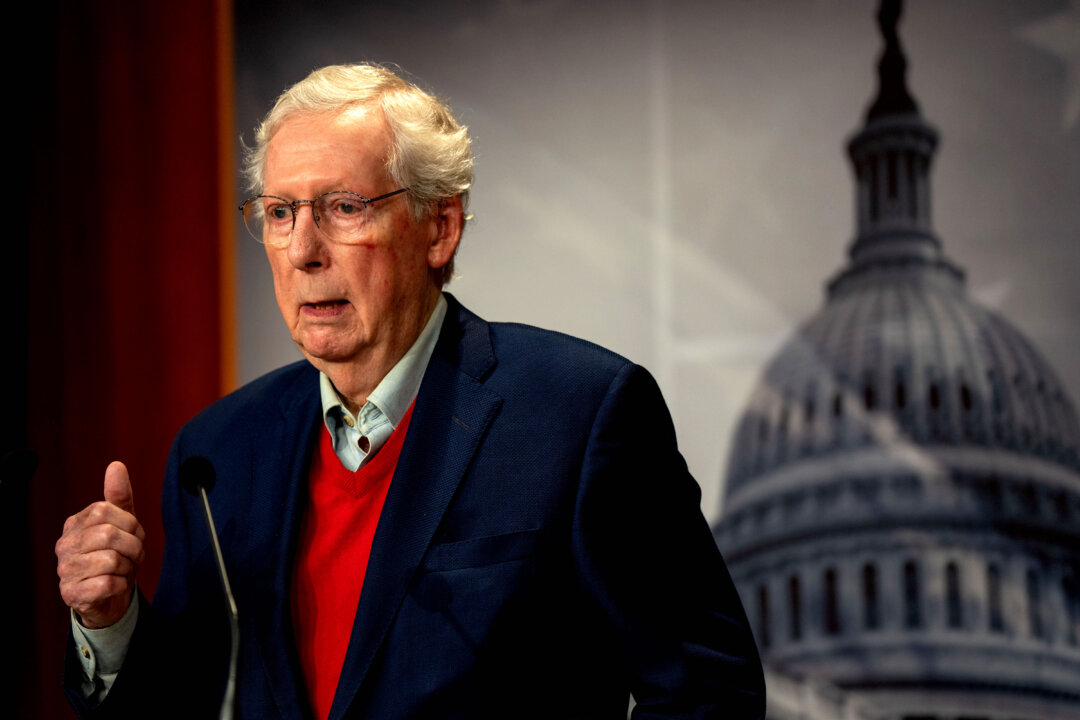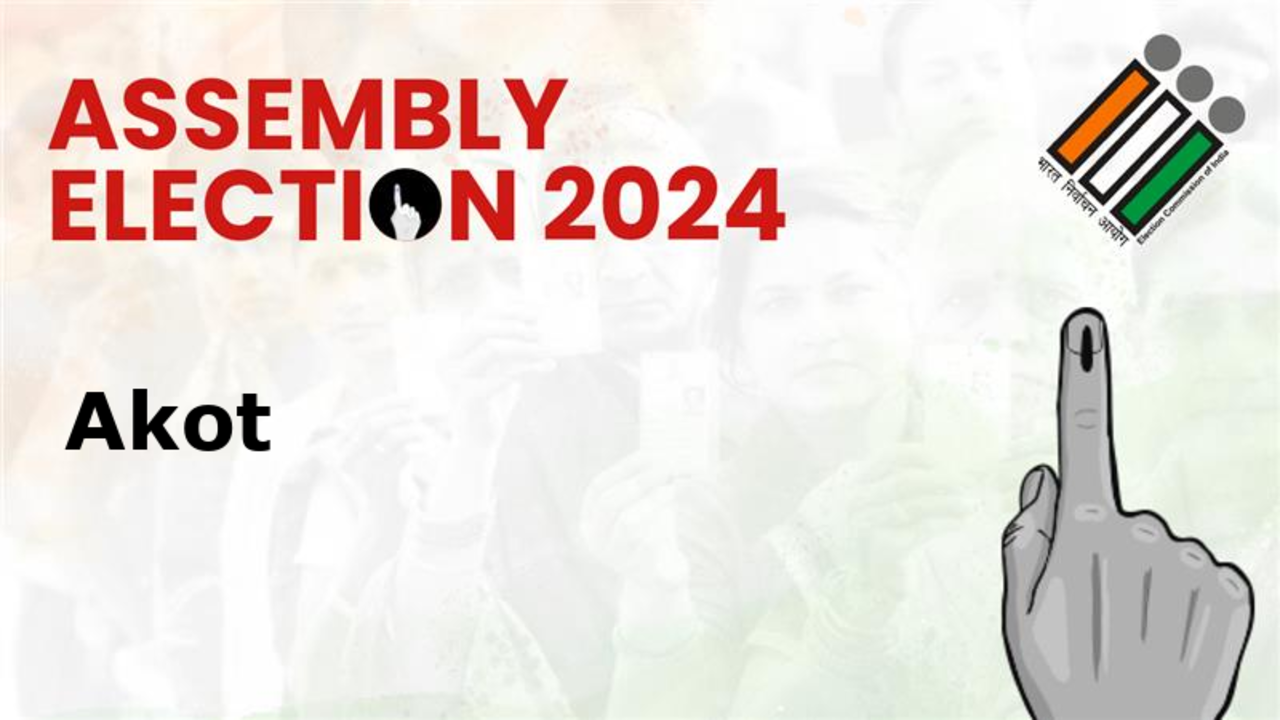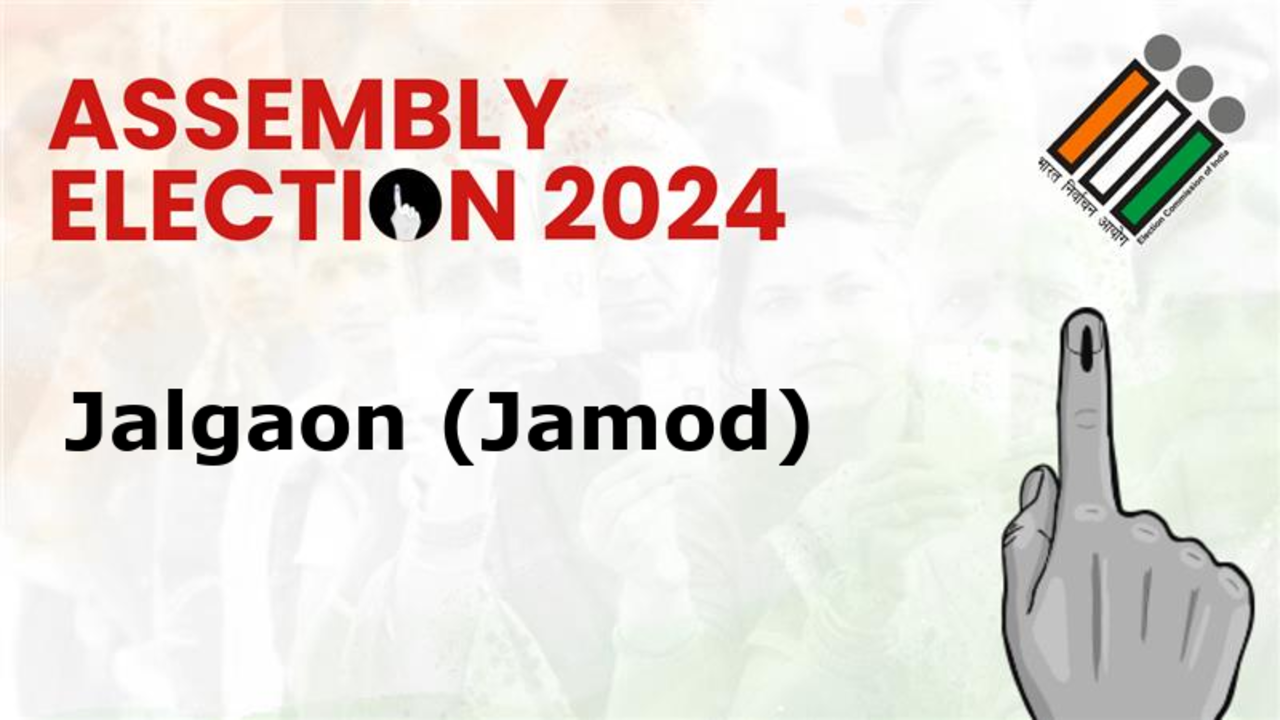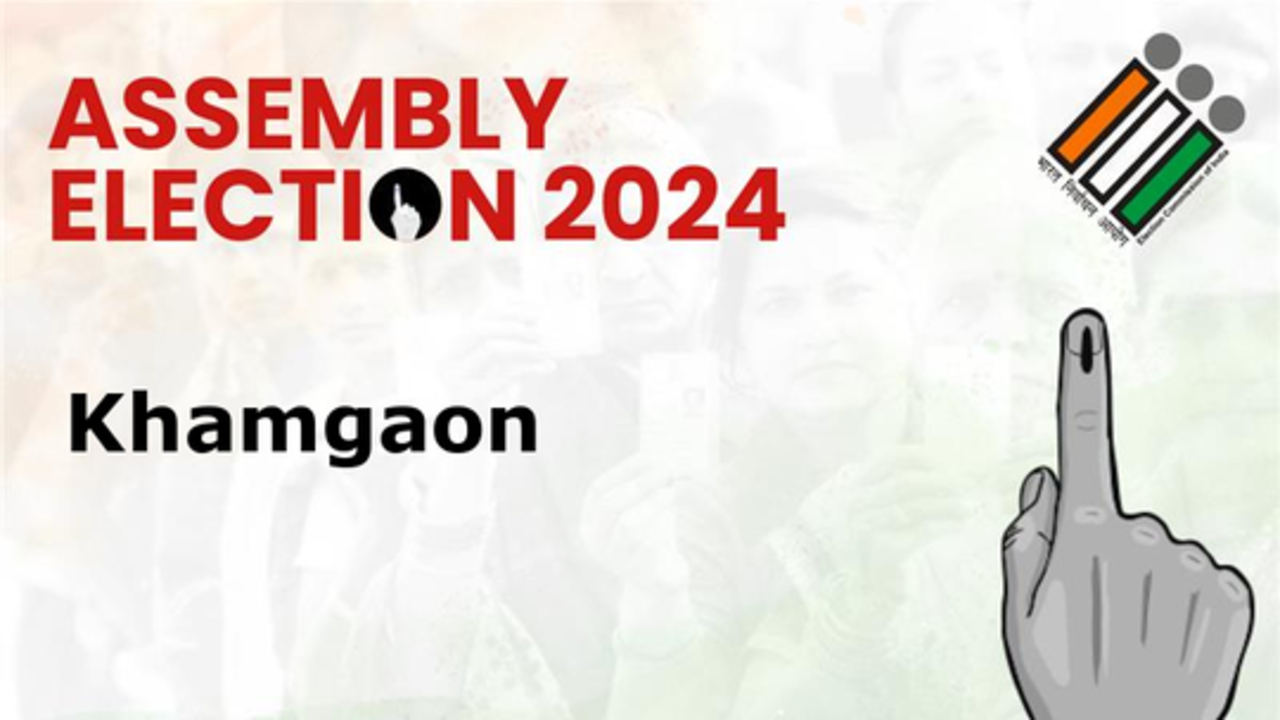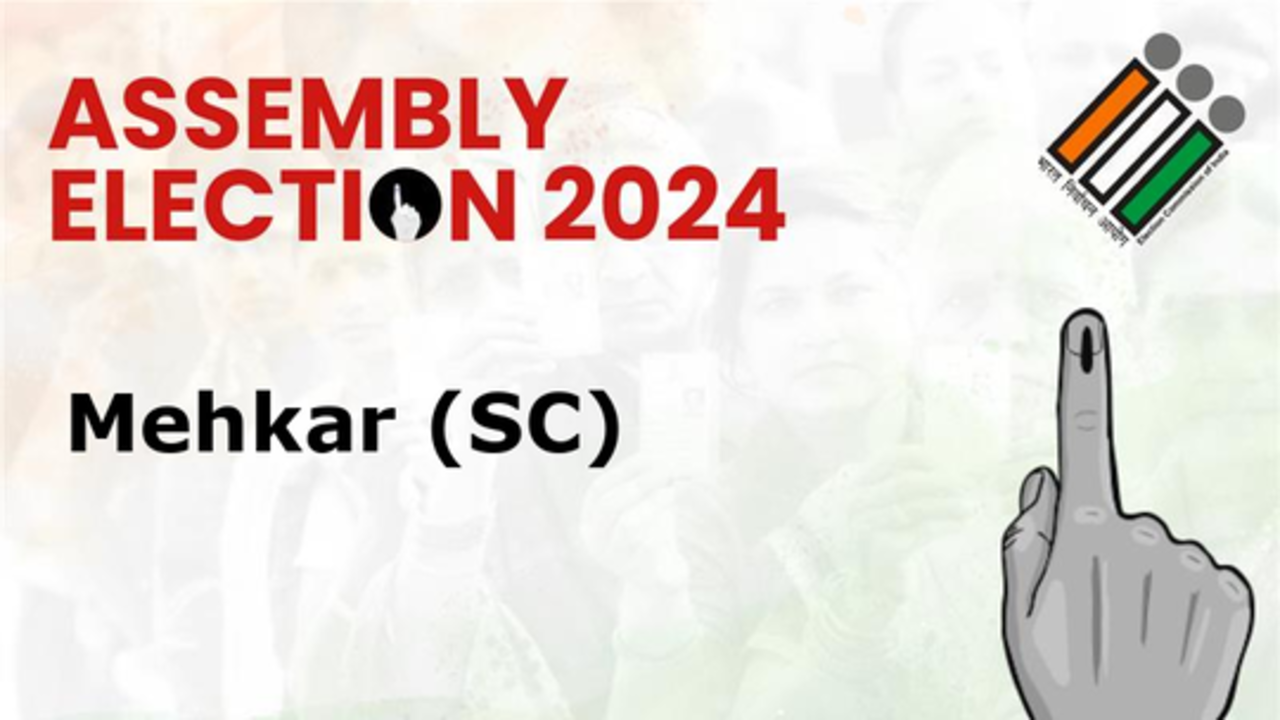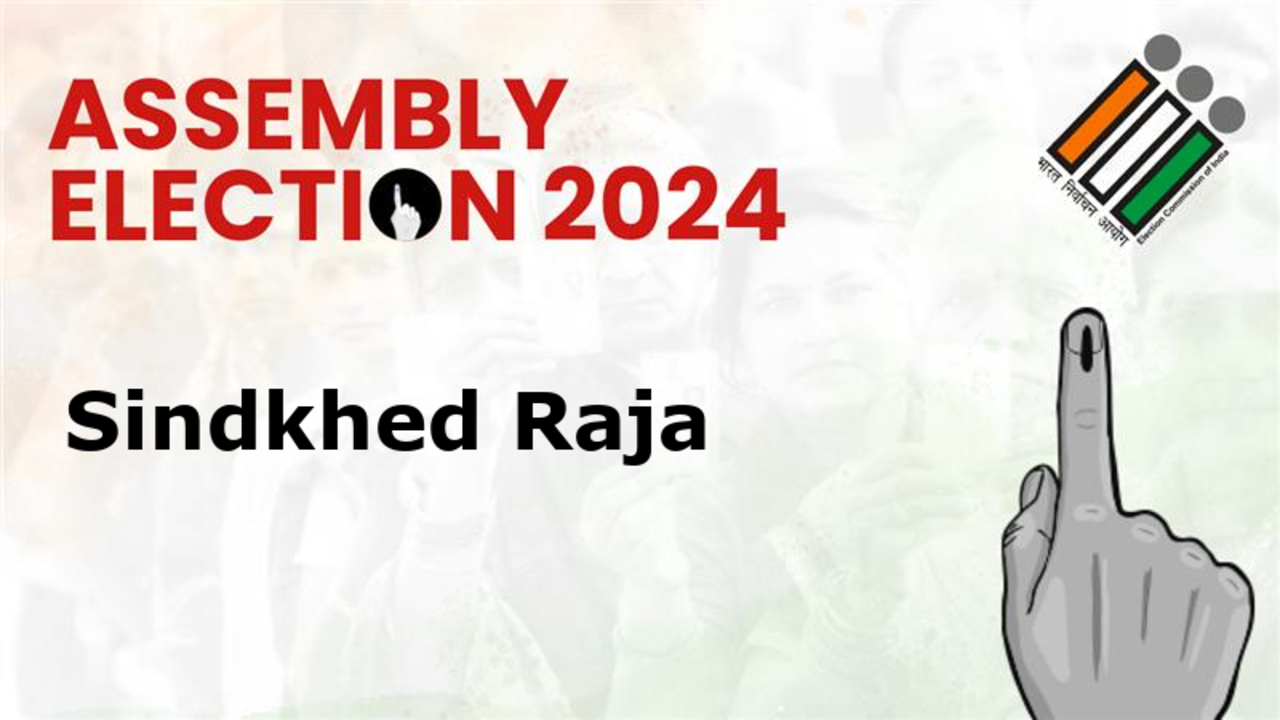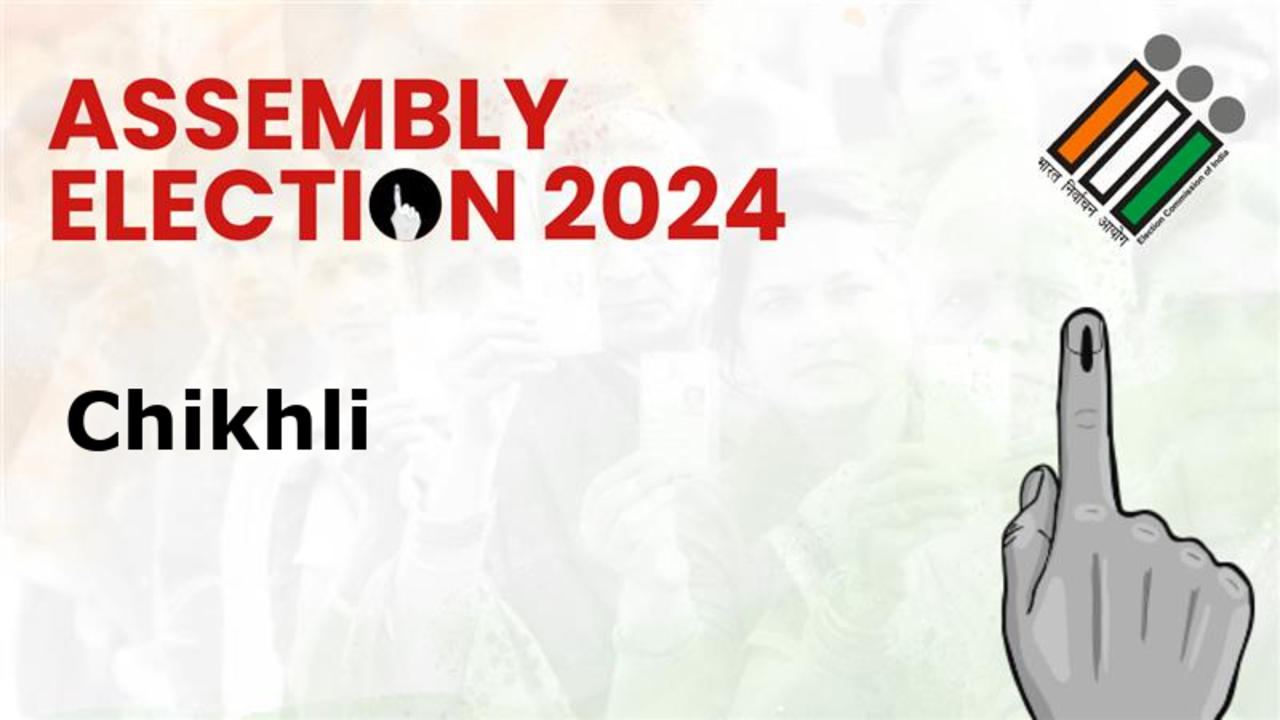
It has been a tumultuous few months for the International Monetary Fund’s borrowers. In June protests brought thousands onto the streets in Kenya after William Ruto, the president, laid out the spending cuts required to convince the IMF to disburse the latest instalment of the country’s $3bn bail-out. Two months later, Sheikh Hasina, prime minister of Bangladesh, which also has a programme with the fund, was ousted when reforms to the country’s bureaucracy sparked riots.
On September 6th Pakistan’s government banned gatherings in Islamabad, the capital, in an attempt to prevent protests. Two things have recently stoked tension: the imprisonment of Imran Khan, a former prime minister, and painful economic reforms conducted in concert with the IMF. Over the past year, protesters have also caused a ruckus in Ghana and Sri Lanka, while seeking to oppose debt restructurings designed by the IMF.
The fund’s stipulations are familiar: shrink the state, stop printing cash and privatise crown-jewel companies. So is the unhappy reaction they produce from local policymakers. What is a lot less familiar, at least in recent years, is fury among broader populations.
IMF officials now face a dilemma. Do they allow politicians to roll back unpopular policies, in line with their recent more conciliatory approach, or do they hold firm and demand reform? There was a time when such protests were common. During the 1980s the fund was an evangelical institution, always willing to insist upon stern measures.
In 1984 Middle Eastern governments junked ruinously expensive subsidies for bread and other essentials, which had drained foreign reserves. Food prices rocketed and violence broke out everywhere from Egypt to Tunisia. In 1988 demonstrations took place across the world as the fund held its annual meeting in West Berlin.
Bureaucrats never wavered: structural reform was more important than being popular. Now, however, the fund’s priority for Bangladesh, Kenya and Pakistan is “inclusive growth", a catch-all term that places reducing inequality and providing public services alongside economic expansion and liberalisation. Today’s bureaucrats consider public approval a yardstick for how well they are doing and go to great lengths to advertise how politicians seek their advice, which they label “country ownership".
All of this makes the current outbreak of protests a particular headache. The fund’s officials seem unsure what to do. Economic reform is just as painful now as it was four decades ago, despite their change of mindset.
Making spending cuts or currency reforms less severe lessens their impact. But if the IMF threatens to withhold loans, it becomes more likely that protesters will manage to depose politicians. The next government may be less reform-minded, and will retain a considerable amount of the fund’s cash.
Sheikh Hasina’s popularity had been plummeting since May when, on the fund’s request, she relaxed the crawling peg on the taka, Bangladesh’s currency, which then proceeded to fall. Annual inflation jumped from 9.7% in June to 11.
7% in July, as the cost of food, fuel and other imported essentials rose. Eventually, the move will replenish Bangladesh’s foreign reserves and curb the inflation that is produced by scarce imports. If the approach had been watered down the clear risk was that the economy would never get these benefits.
Yet the pain for Sheikh Hasina was, it turned out, rather more immediate. In Pakistan and Kenya protesters rail against tax rises and spending cuts. Both governments must shrink their deficits if they are to avoid default.
Kenya spent 62% of its budget on servicing debt last year; Pakistan spent 57%. In Kenya Mr Ruto’s finance bill promised short-term cuts to health and education, both popular spending areas. Without such cuts, Mr Ruto argued, spending would suffer years into the future.
In the end, however, he caved to pressure and scrapped the bill. The fund has other reasons to hesitate before responding to the wave of protests sweeping emerging markets. Doing so would inevitably involve releasing funds to politicians who have failed to meet targets for good economic management and remain deeply unpopular with their voters.
Some, such as Mr Ruto, also face allegations of corruption. Although the IMF could ease protesters’ anger, the toll would be to gamble its cash and compromise its ideals. The question is which is the steeper cost to shoulder.
.








